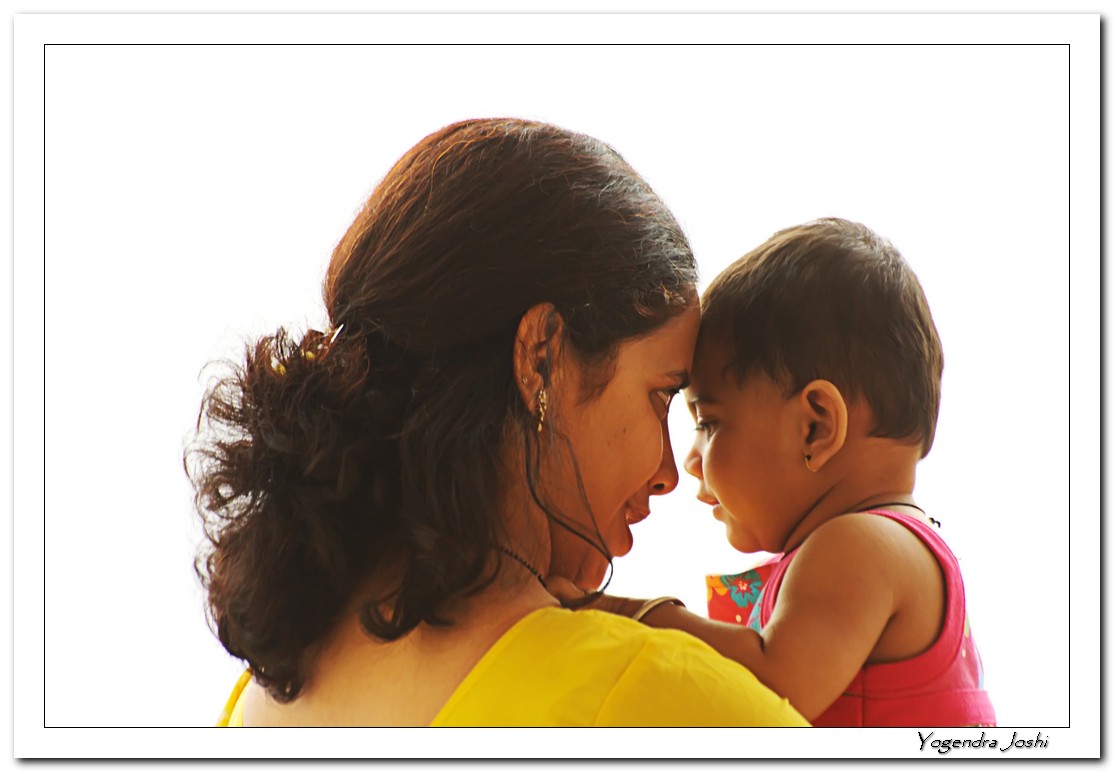Uterus Transplants are Reinforcing Patriarchal Notions of ‘Biological Motherhood’
By Sneha Banerjee & Sarojini Nadimpally,
The Wire [India]
| 05. 20. 2017
Uterus transplants raise several ethical concerns drawing from the health risk posed to women, especially since the surgery is not meant to treat a life threatening condition.
Recent news on uterus transplant in India takes the infertility industry to a new level. The overarching rationale behind uterus transplant is that infertile women can ‘benefit’ from this and bear their own biological children.
The first such scientifically reported successful transplant was conducted in Sweden in 2013 where a 36-year-old, who was born without a uterus, received a donated womb from her mother. She gave birth to a baby boy using a transplanted womb in 2014. According to recent media reports, a private fertility clinic in Bengaluru has received permission from the Indian Council for Medical Research (ICMR) for uterus transplants for two women and the procedure will be undertaken as a research project. The minimum experience necessary for a clinical team to carry out this procedure, as per the Human Organ Transplant Act, is not available in India and hence the involvement of Swedish doctors, who pioneered the procedure, is being...
Related Articles
By Diaa Hadid and Shweta Desai, NPR | 01.29.2026
MUMBRA, India — The afternoon sun shines on the woman in a commuter-town café, highlighting her almond-shaped eyes and pale skin, a look often sought after by couples who need an egg to have a baby.
"I have good eggs,"...
By Steve Rose, The Guardian | 01.28.2026
Ed Zitron, EZPR.com; Experience Summit stage;
Web Summit 2024 via Wikipedia Commons licensed under CC by 2.0
If some time in an entirely possible future they come to make a movie about “how the AI bubble burst”, Ed Zitron will...
By Arthur Lazarus, MedPage Today | 01.23.2026
A growing body of contemporary research and reporting exposes how old ideas can find new life when repurposed within modern systems of medicine, technology, and public policy. Over the last decade, several trends have converged:
- The rise of polygenic scoring...
By Daphne O. Martschenko and Julia E. H. Brown, Hastings Bioethics Forum | 01.14.2026
There is growing concern that falling fertility rates will lead to economic and demographic catastrophe. The social and political movement known as pronatalism looks to combat depopulation by encouraging people to have as many children as possible. But not just...




